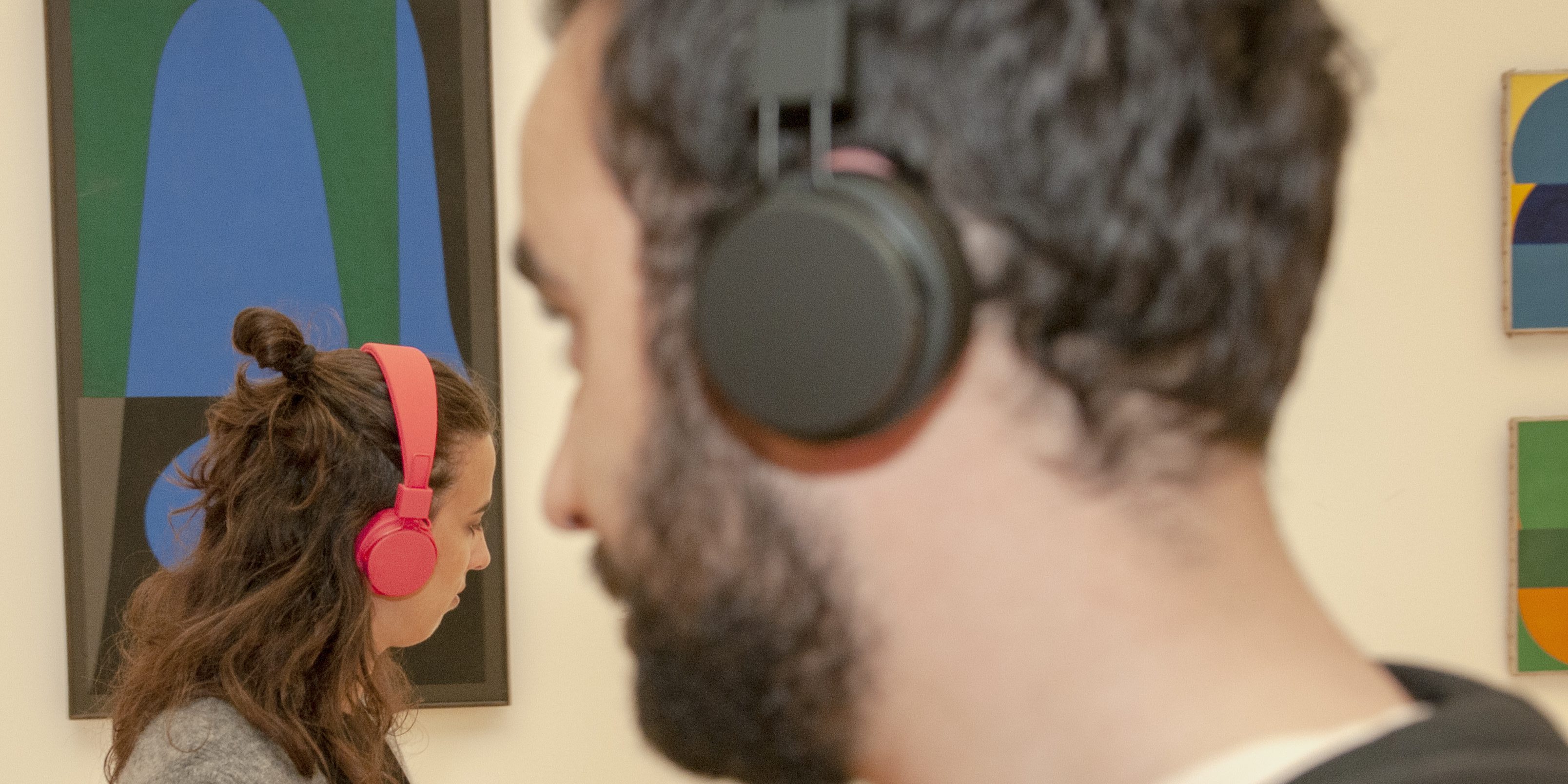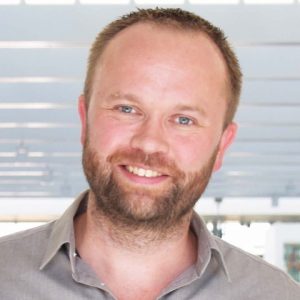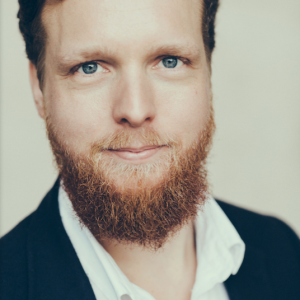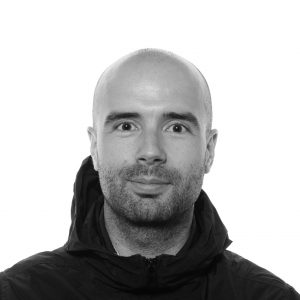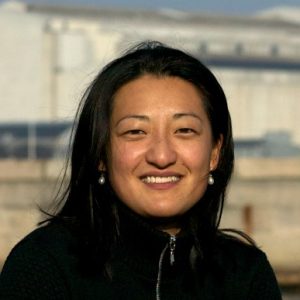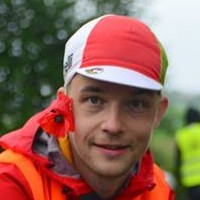MAD is an interdisciplinary research group focusing on experience design and practice-based research in domains such as cultural heritage, art and the creative and cultural industries.
Creative practice is central to our research. We believe that groundbreaking technologies can be developed by paying attention to human interests that go beyond the purely rational to also include phenomena like play, affect and aesthetics.
The members of MAD come from different disciplinary backgrounds including digital design, computer science, media studies and game design. We are joined together in a shared interest in practice-based design research approaches such as research through design, research-in-the-wild, action research and more.
Ongoing projects
User Experiences and Hybrid Design at Frederiksbergmuseerne (2020-2023)
The project is a collaboration between ITU and The Frederiksberg Museums. The purpose of the project is to explore the potential for sensuous user experiences which combine digital technologies with the physical museum spaces and exhibits. In particular, the project aims to explore how digital media can complement the material museum environment and offer experiences that better capture the performative, sensory and affective aspects of immaterial heritage, without coming at the expense of authentic encounters with the actual museum space.
Participants: Mia Yates, Christian Hviid Mortensen.
Funded by New Carlsberg Foundation.
Hybrid Museum Experiences at MUNCH (2020-2023)
The project Hybrid Museum Experiences at MUNCH is a collaboration between MUNCH and the IT University of Copenhagen. The aim of the project is to explore the possibilities in technology-based art experiences in the museum. Through a constructive design research approach we are developing new immersive exhibitions that present novel ways of getting closer to Edvard Munch's artistry.
Participants: Christian Sivertsen.
Co-funded by MUNCH.
Playful technological appropriation at the Danish Architecture Center (2019-2022)
The project is an industrial collaboration between the IT University of Copenhagen and the Danish Architecture Center. The goal is to develop a better understanding of how visitors appropriate playful technologies of museum installations, and how that appropriation be then used as a re-designing tool. The project follows a research-through-design method, employing design experiments in-the-wild.
Participants: Petros Ioannidis.
Funded by the Innovation Fund Denmark and Realdania.
Past projects
GIFT (2017-2020)
MAD was coordinator for the Horizon 2020 project GIFT: Meaningful Personalization of Hybrid Virtual Museum Experiences Through Gifting and Appropriation. We collaborated with researchers at the Mixed Reality Lab at the University of Nottingham and the Department of Informatics and media at the University of Uppsala, as well as artists and creatives such as Blast Theory and NextGame along with a variety of museums in Europe and the U.S., including SFMOMA, ARKEN and The Munch Museum, and digital heritage organisations like Europeana and Culture24.
Funded by Horizon 2020, under grant agreement no. 727040.
The Scientific Evidence Indicator (2017-2020)
The Scientific Evidence Indicator project was a collaboration with the Danish popular science website videnskab.dk. Together we developed an interactive visualisation aimed at helping readers to understand how to distinguish between trustworthy and untrustworthy science news, within the domain of health sciences. The indicator was implemented on the website in August 2019 and is still in use. You can see an example in this article about side effects from Covid-19 vaccines (Danish only).
Funded by the Google Digital News Initiative.
Read more about the Scientific Evidence Indicator (in Danish only)
Activities
- We had a writing workshop in November 2018
- Søren Pold visited us from Aarhus University in Autumn 2018
- We had a writing workshop in early 2018
- We visited Museum of Failure in Helsingborg in Summer 2017
- We visited Ejby Bunker Museum in Spring 2017
